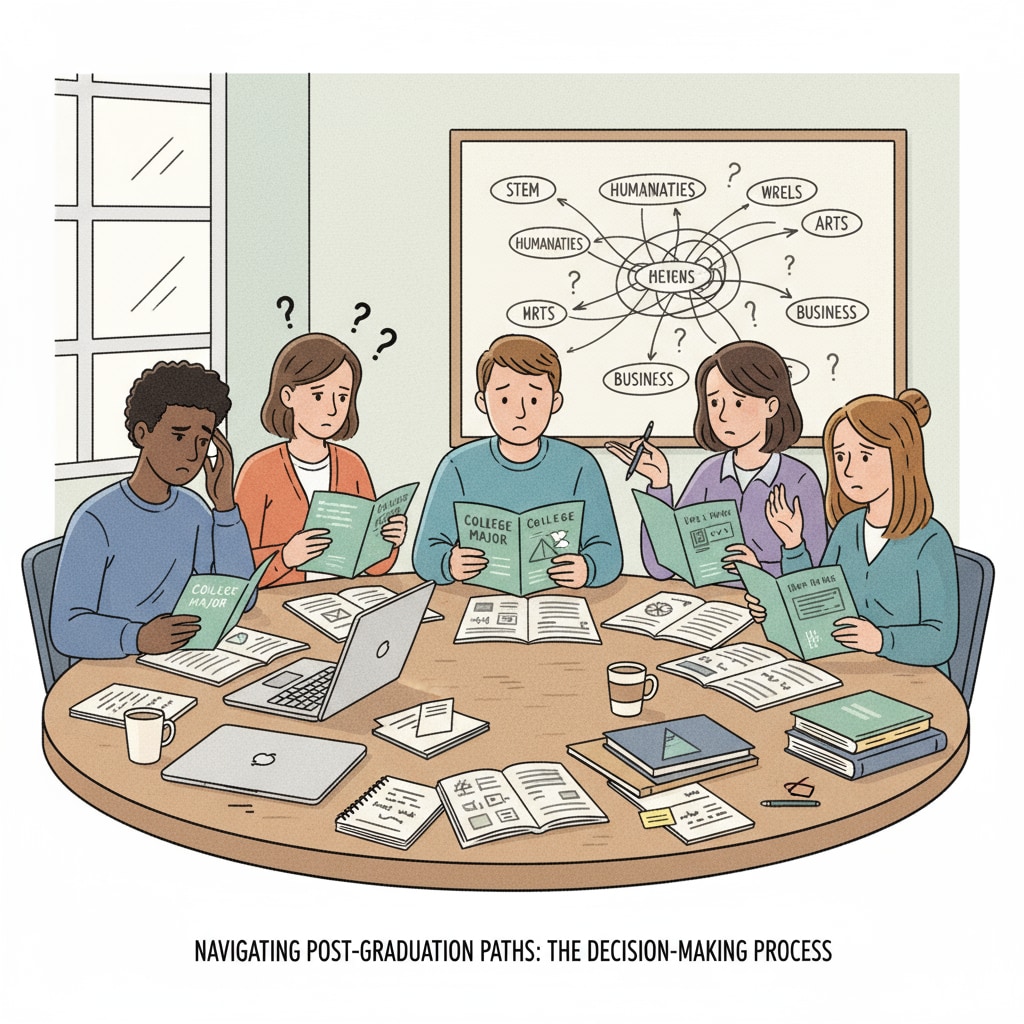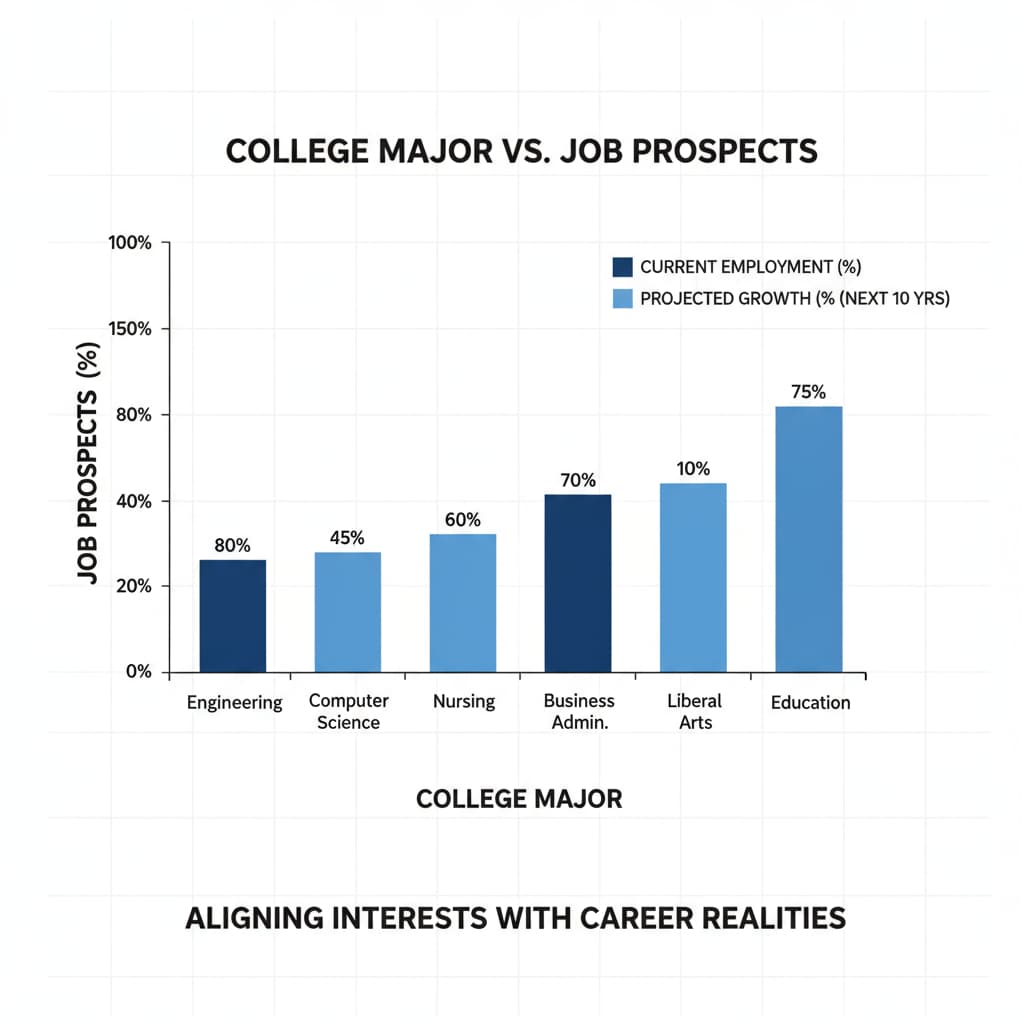Career direction, interest confusion, and major selection are common challenges that high school students face when preparing for college. As they stand at this crucial crossroads, the question of whether a fleeting interest can chart the course for a lifetime looms large. Consider a student who enjoys painting in their free time. Does this hobby translate into a viable career as a professional artist, or is it merely a passing fancy?

The Shallow Interest Dilemma
Many high school students base their initial thoughts on major selection on what appears to be an interest. However, these interests are often shallow, formed through limited exposure. For example, a student might be intrigued by the idea of computer science after watching a few tech startup success stories. But this surface-level interest may not account for the long hours of coding, complex algorithms, and continuous learning required in the field. According to Britannica’s Education section, students need to dig deeper into their interests to make informed major choices.
Interests vs. Career Realities
The relationship between interests and career development is far from straightforward. Just because a student has an interest in a particular area doesn’t mean it will lead to a stable and fulfilling career. Take the field of acting. While many are drawn to the glamour of the stage and screen, the reality is that only a small percentage of actors achieve consistent success. On the other hand, some seemingly unexciting majors can lead to well-paying and rewarding careers. As Wikipedia’s page on Career Choice points out, students must weigh their interests against market demands and job prospects.

To make a more informed decision, students can create a decision-making framework. This could involve researching the job market, talking to professionals in the field, and even trying out internships or volunteer work related to the potential major. By doing so, they can gain a more realistic understanding of what a particular career path entails.
Readability guidance: The key is to understand that major selection is not just about following a whim. It requires a blend of self-awareness, research, and a realistic outlook. By carefully navigating the waters of interest confusion and career direction, students can make choices that set them on the path to a successful future.


